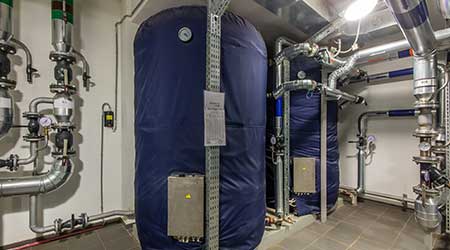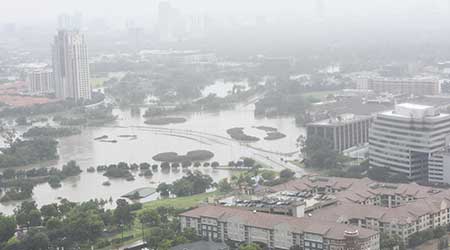
Deferred Maintenance, Sick Buildings Making Students, Teachers Ill
January 27, 2020
Many institutional and commercial facilities have been unable or unwilling to adequately fund building maintenance in the last three decades. The result often is astounding amounts of deferred maintenance — sometimes in the billions for large, multi-facility organizations. Public school districts have been among the hardest hit, thanks in large part to resistance from citizens to pay more taxes that fund school maintenance.
Connecticut is now coming to grips with the impact of its failure to adequately maintain its school buildings, and the results include reports of serious health threats.
More than 1,200 teachers recently participated in a survey conducted by the Connecticut Education Association about their work environment. The teachers reported getting sick from mold and other environmental hazards, including rodent droppings, extreme heat and cold, dust, asbestos and more.
The union says teachers from 334 schools in 104 school districts responded to the survey last spring, reporting respiratory ailments, rashes, sinus problems, and constant coughs. Those with asthma and allergies reported having more acute symptoms.
“The problem has grown so pervasive that many teachers are forced to go out on leave,” the report said, “and students are being sent home sick when they get overheated due to the extreme heat and humidity in the classroom.” Teachers described school building disrepair such as “water seeping up through floors, pouring down windows, and flooding classrooms when it rains; they also reported moldy, stained, sagging and broken ceiling tiles.”
“We have an epidemic on our hands with respect to remediation and renovating existing buildings,” says Melanie Kolek, legal counsel to the association. “Schools generally have a 20-year lifespan before they need a renovation. We’re finding these schools — in 50, 70, 80 years they haven’t had their HVAC systems upgraded. They haven’t had the venting cleaned. There’s lots of things going by the wayside because they’ve got four walls and a room, and we’re seeing the consequences of that.”
Dan Hounsell is editor-in-chief of Facility Maintenance Decisions.
Next
Read next on FacilitiesNet












